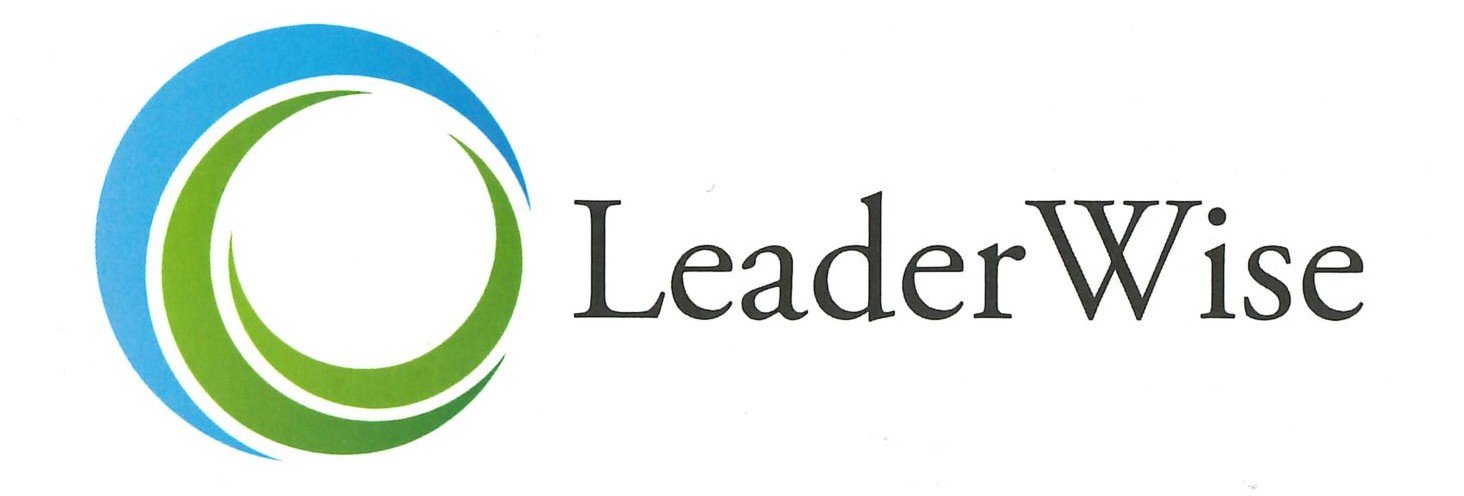An Invitation to Hold Boundaries
This month in our newsletter we are focusing on the topic of boundaries—the boundaries that are helpful for us to establish and maintain in ministry, in relationships, and in life. As someone who has had vocational experience in both ministerial and therapeutic settings, I have found it helpful to reflect on some of the similarities and differences in boundaries and the ethical expectations related to these different roles.
As a minister, I have often been invited to attend special events and life celebrations for members of my congregations. I have attended birthday parties, graduation parties, weddings, and more. Even though I was invited because of my role in the church, I was also invited because I had a relationship with the family and my presence acknowledged the value of that relationship.
In my therapeutic role, I have also been invited to attend special events for therapy clients. I always appreciate the invitation and talk about it with the client in session; however, a boundary that I have held is not attending events outside of therapy for current clients. This is mostly to uphold the confidentiality of our therapeutic relationship, and, in all honesty, it saves me from having to awkwardly fumble through an answer to the question, “How do you know so and so?”
This, I believe, can be one of those “gray areas” that we talk about in boundary training . . . there isn’t necessarily a clear “right” or “wrong” way forward. However, having this boundary and being open in discussing it with clients helps me prevent hurt feelings or potential damage to the therapeutic relationship. Part of me would like to attend these events. As a person, I would enjoy having the opportunity to celebrate with my clients, just as I have enjoyed celebrating with members of my congregations. However, as a person in a specific role, it is important for me to establish and maintain the boundary.
How does your role impact the boundaries you hold with those you have relationships with? Where do “gray areas” pop up for you?
Life Wheel Tool for Boundaries
One of the tools that I have found really beneficial for me to keep myself “in check” with regards to my boundaries is the Life Wheel we share in boundary training. The wheel contains several different dimensions of life including:
Vocation/Workspace
Health and Wellness
Family
Spirituality
Play/Recreation
Personal Growth
Significant Other/Relationship/ Love
Social/ Friends
Finances
In reviewing these various dimensions, you are asked to rate each item on a scale from 1 to 10, with 1 being “dissatisfied/unfulfilled” and 10 being “satisfied/fulfilled.” This information can give you a lot of information not only about your life but can also give you feedback about where your needs aren’t getting met.
Take a moment to think about this. . . where are you feeling more fulfilled? What areas of your life are feeling unfulfilled? What are some helpful ways that you could get these needs met? What are the potential concerns you have about these unmet needs?
Participating in a boundaries training gives you a great opportunity to explore these areas and think more about how to address any boundary concerns that you might have in your life and ministry. Talking to someone—a trusted colleague, a family member, or a therapist—can also provide you with space to process these concerns and help you to establish and keep healthy boundaries in your relationships.


